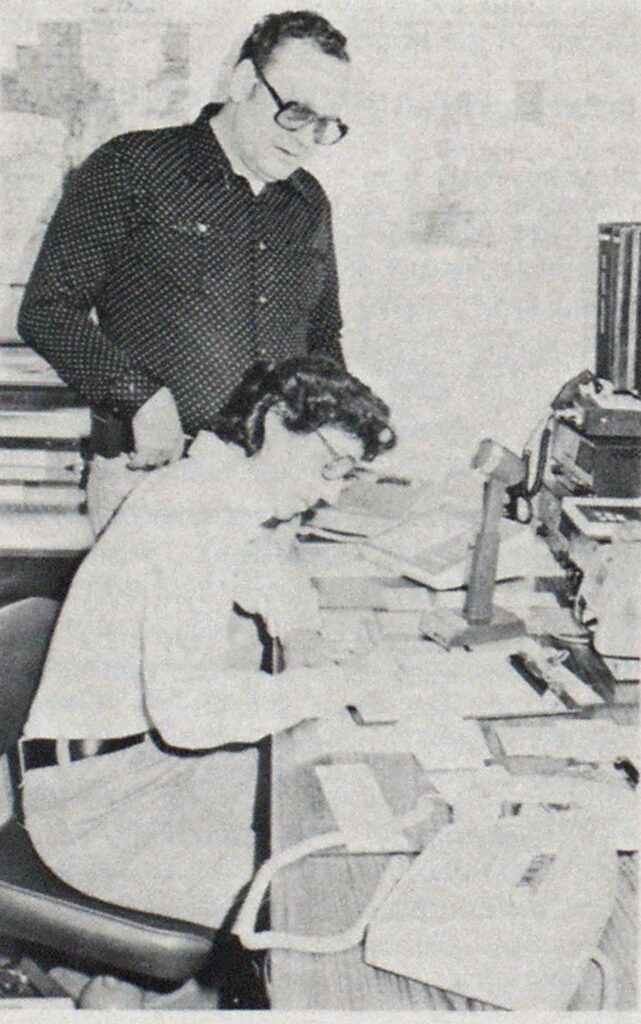
Fire-Police Dispatch Center In Waukesha County, Wis.
Features
After three years of planning, a central dispatch center has been placed in operation to serve both fire and police departments in a section of Waukesha County, Wis.
The Lake Area Communications System (LACS) was organized to replace the practice of fire fighters’ wives monitoring fire phones 24 hours a day, police departments handling their phone calls and dispatching in the daytime, and the Waukesha County Sheriffs Department taking over dispatching for local police departments at night. Another consideration in establishing the LACS was a state law that ended the provision of ambulance service by the sheriffs department last Jan. 1. Inasmuch as local fire departments, which had EMTs and proper equipment, then had to provide the ambulance service, it was a natural move for the police chiefs who had first explored the central communications concept to include the area fire departments in their discussions.
Therefore, the original planning group consisting of Police Chiefs James Vanderwerker of Delafield and Morton Hetznecker of Hartland and Fire and Police Chief Robert F. Mulligan of Chenequa was joined by Fire Chiefs Harold Roberts of Delafield, Allen Wilde, Jr., of Hartland, Ralph Flemming of Stone Bank, Joel Rellatz of Merton and Ira Butler of Nashotah.
Headquarters site selected
The Village of Chenequa was selected for the location of the LACS dispatch headquaters.
The enlarged planning group considered, among other things, the number of dispatchers to be hired, their salaries, liability insurance, form of the communications organization, state legal requirements, standard operating procedures, record keeping, and radio and telephone communication systems. It was decided that the body should take the form of a corporation.
The initial budget was set at $50,000, most of which was for dispatcher salaries and benefits. About $10,000 was for other expenses. Each community was held responsible for changing its radios to the new LACS radio frequency and switching to the dispatch center telephone number.
Initially, last Jan. 1 was the date set for starting operations. The monies were approved by the municipalities and the dispatchers hired.
Now problems developed. The telephones were not properly connected. Chief Mulligan, who had been working with the Wisconsin Telephone Company, found that in some cases, the needed equipment had not been installed. Therefore the calls could not be electronically forwarded to the new telephone number. It took an additional three weeks for the telephone company to get its equipment properly connected. By the end of January, everything seemed ready to go.
Organization changed
Now the municipal attorneys decided that the corporate form of organization had substantial drawbacks and that there could be problems with liability insurance. After much discussion, the consensus was that the LACS should be formed into a commission. There was a three-week delay as new ordinances were passed by each community’s governing body.

Photo by the Lake Country Reporter, Hartland, Wis.
Dispatcher training began on Feb. 13. Dispatch forms, running cards and administrative procedures were discussed. Chief Rellatz lectured on general fire department operations, including equipment, department numbering systems, mutual aid requests, and dispatching methods. On following days, police and ambulance procedures were covered. At the conclusion of this training period, the dispatchers were driven around all the communities so they could become familiar with the dispatch area.
At midnight, Feb. 19, operations began with Bill McBroom as the first dispatcher on duty. For the first few weeks, there was always an officer on duty to assist the dispatcher if necessary. As the proficiency of the dispatchers improved, the officers were withdrawn from direct supervision.
Console changes made
Some bloopers went over the airwaves when the wrong radio buttons were pressed, but this problem was corrected by making some changes on the radio console layout. During the first weeks of operation the municipalities involved distributed telephone stickers with the new LACS numbers to all residences and businesses. The local area paper gave extensive publicity at the beginning of the operation, as did Milwaukee TV stations, which filmed feature stories.
Since the inception of this service there has been a steady flow of calls into LACS. In March, the dispatchers handled 383 calls, of which seven were fire calls and 44 were requests for ambulance service.
Everyone concerned is pleased with the operations, especially the firemen’s wives who formerly had to monitor the fire phones 24 hours a day and gave up countless weekends and holidays for little or no pay.

